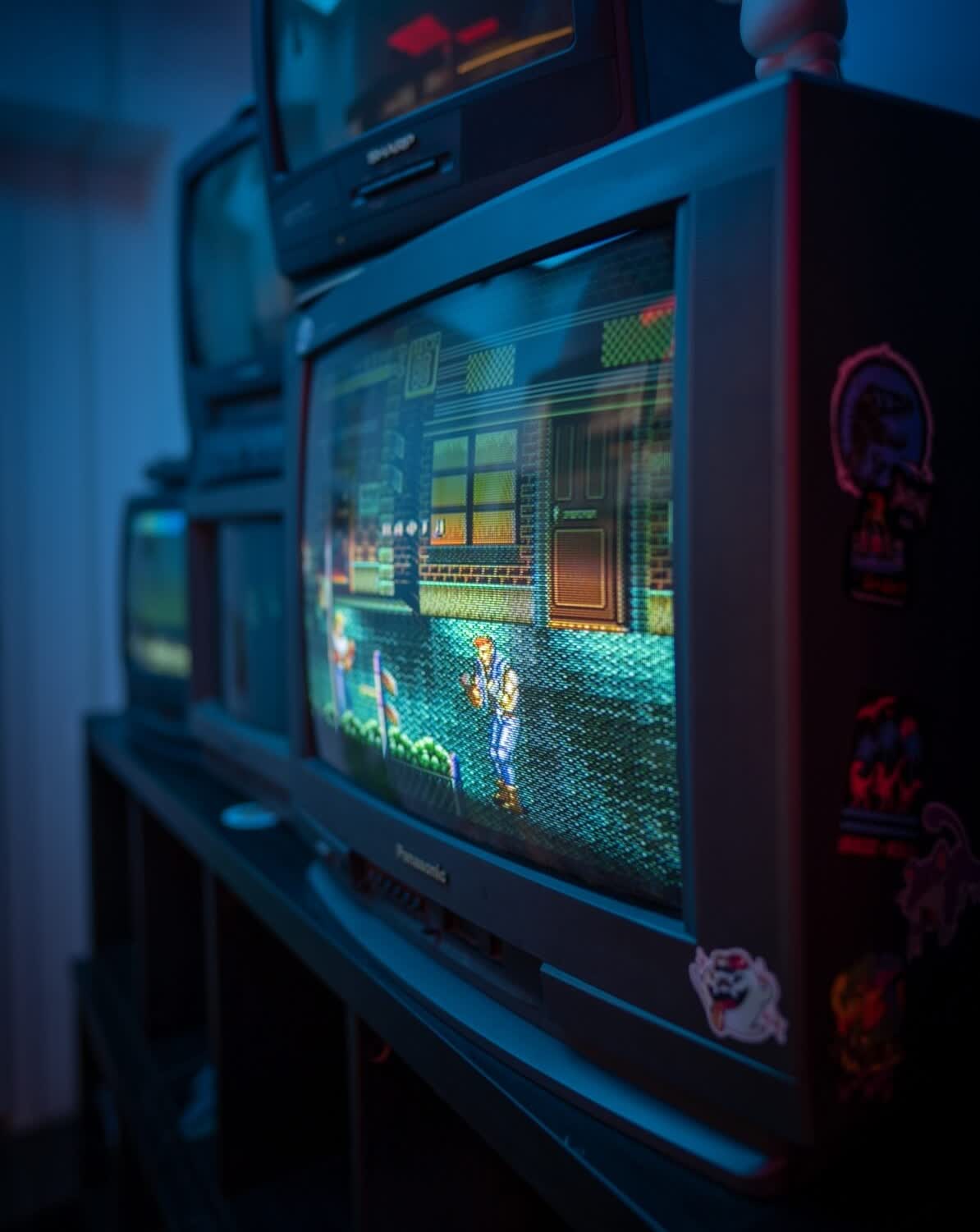In a nutshell: A recent study on the state of the classic video game market highlights a dire situation. According to the Video Game History Foundation and the Software Preservation Network, a astonishing 87 percent of classic video games released in the US are no longer commercially available.
That probably doesn't come as much of a surprise to retro gaming enthusiasts, but those outside the gaming community might not even know there is a problem. A handful of top-tier classics like Super Mario Bros., Final Fantasy VII, and Pac-Man are readily available across a range of systems and / or digital distribution platforms. It is the non-commercial availability of the thousands of other games that is at issue here.
Countless cartridge and disc-based games are now only available through third-party marketplaces like eBay, Craigslist, or local retro game stores. The bigger problem is when digital marketplaces shut down shop. Earlier this year, for example, Nintendo closed its 3DS and Wii U eShops, taking the majority of Game Boy games off the market in the process.

What's the big deal, you ask? Not being able to easily acquire copies of games makes it infinitely more difficult for researchers and historians to do their jobs. Video game history is more than just the bestsellers, and that rings true for the titles we like to play as well. Odds are, you have at least a couple of classic games you really enjoyed that didn't get a ton of fanfare. Examples that immediately come to mind for me include Return Fire on the original PlayStation and General Chaos for the Sega Genesis.
As the study highlights, the commercial market has its own interest. They are in the business of selling games and making money, so it only makes sense that they are going to offer what they think will be attractive to shoppers. Rather, it is up to archives and libraries to preserve classic video games and ensure they do not get lost to time.
Image credit: Controllers by Enrique Guzman Egas, TV by Ivan Rudoy
